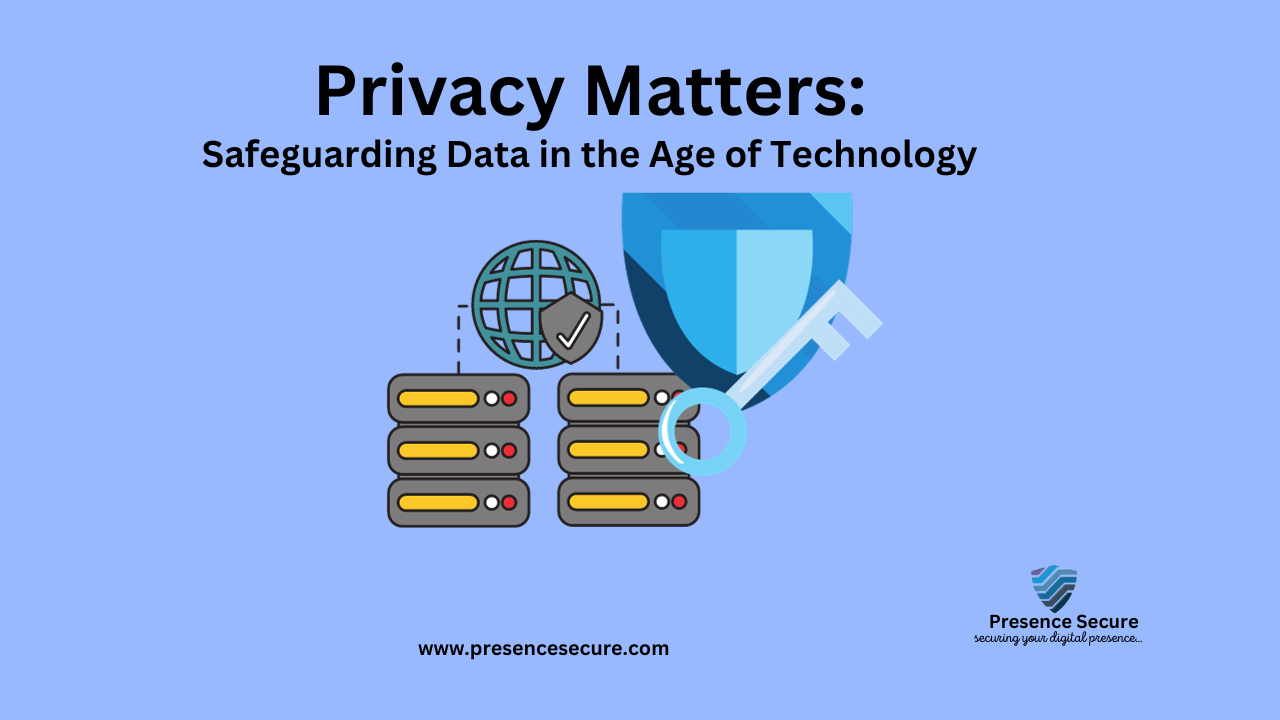
In our increasingly digitized world, where technology pervades every aspect of our lives, the concept of privacy has taken on new dimensions and importance. We generate and share vast amounts of data daily, often without realizing the potential consequences of our digital footprint. This article delves into the crucial matter of privacy, exploring its significance in the age of technology and the measures we can take to safeguard our data.
Privacy, traditionally defined as the right to be left alone, has evolved dramatically over time. In today’s context, it encompasses the protection of personal information from unwarranted intrusion, whether by governments, corporations, or malicious actors. Our digital activities, from social media posts to online shopping and healthcare records, leave traces of data that are collected, analyzed, and sometimes exploited.
The rapid advancement of technology has brought us numerous benefits, but it has also raised significant privacy concerns. One of the most pressing issues is the collection and use of personal data by tech companies. These entities often gather an extensive array of information about us, from our online behavior to our location and even biometric data. While this data can be used to personalize services and improve user experiences, it can also be misused or fall into the wrong hands, leading to privacy breaches and identity theft.
The Cambridge Analytica scandal, which came to light in 2018, highlighted the potential misuse of personal data on a massive scale. The political consulting firm obtained data from tens of millions of Facebook users without their consent and used it to influence electoral outcomes. This incident served as a wake-up call, revealing the vulnerability of our digital identities and the need for stronger data protection measures.
To address these concerns, governments around the world have implemented regulations such as the Nigeria Data Protection Regulation (NDPR), the European Union’s General Data Protection Regulation (GDPR), and the California Consumer Privacy Act (CCPA). These laws grant individuals more control over their data, requiring organizations to be transparent about data collection and usage, and allowing individuals to request the deletion of their data. Such regulations mark significant steps towards safeguarding privacy in the digital age.
However, safeguarding data privacy is not solely the responsibility of governments and corporations. Individuals must also take an active role in protecting their data. Below are some practical steps to consider:
- Awareness: The first step is to be aware of the data you generate and share. Understand the privacy settings of the apps and websites you use regularly. Review the permissions you grant to these platforms and limit unnecessary access to your personal information.
- Strong Passwords and Authentication: Use strong, unique passwords for your accounts and enable two-factor authentication wherever possible. Utilizing password managers can help you generate and store complex passwords securely.
- Data Encryption: Ensure that your communications are encrypted. Use messaging apps that offer end-to-end encryption to protect your conversations from prying eyes.
- Regular Updates: Keep your devices and software up to date. Developers release updates to patch security vulnerabilities, so staying current is crucial for protecting your data.
- Beware of Phishing: Be cautious about unsolicited emails and messages, especially those asking for personal information or login credentials. Before disclosing sensitive information, it’s essential to confirm the identity of the sender.
- Limit Sharing: Be selective about what you share online. Avoid oversharing on social media and be mindful of the information you provide to websites and apps.
- Privacy Tools: Explore privacy-focused tools and browsers that prioritize user data protection. Consider using virtual private networks (VPNs) to enhance your online privacy.
- Regular Data Cleanup: Periodically review and delete old accounts, apps, and data you no longer need. The less data you have stored, the less there is to be compromised.
- Educate Yourself: Stay informed about emerging privacy threats and best practices for staying secure online. Privacy is an ongoing concern, and staying educated is essential.
In conclusion, privacy matters immensely in the age of technology. As our lives become increasingly interconnected and reliant on digital services, safeguarding our data is paramount. Governments, corporations, and individuals all play critical roles in ensuring that privacy is respected and protected. By raising awareness, advocating for stronger regulations, and adopting proactive privacy measures, we can navigate the digital age with greater confidence in our data’s security. Privacy is not just a matter of convenience; it’s a fundamental right that we must all work together to preserve.
